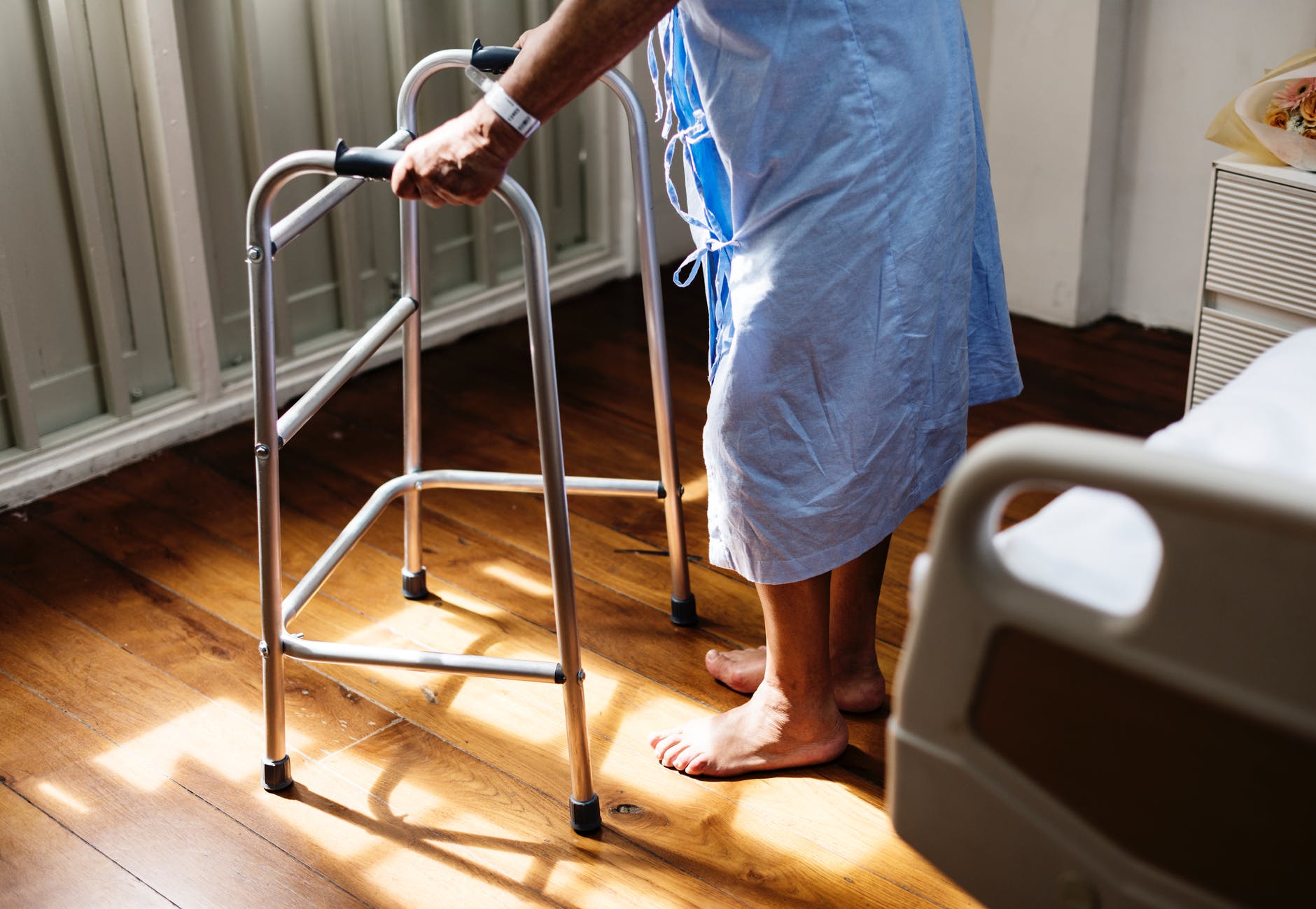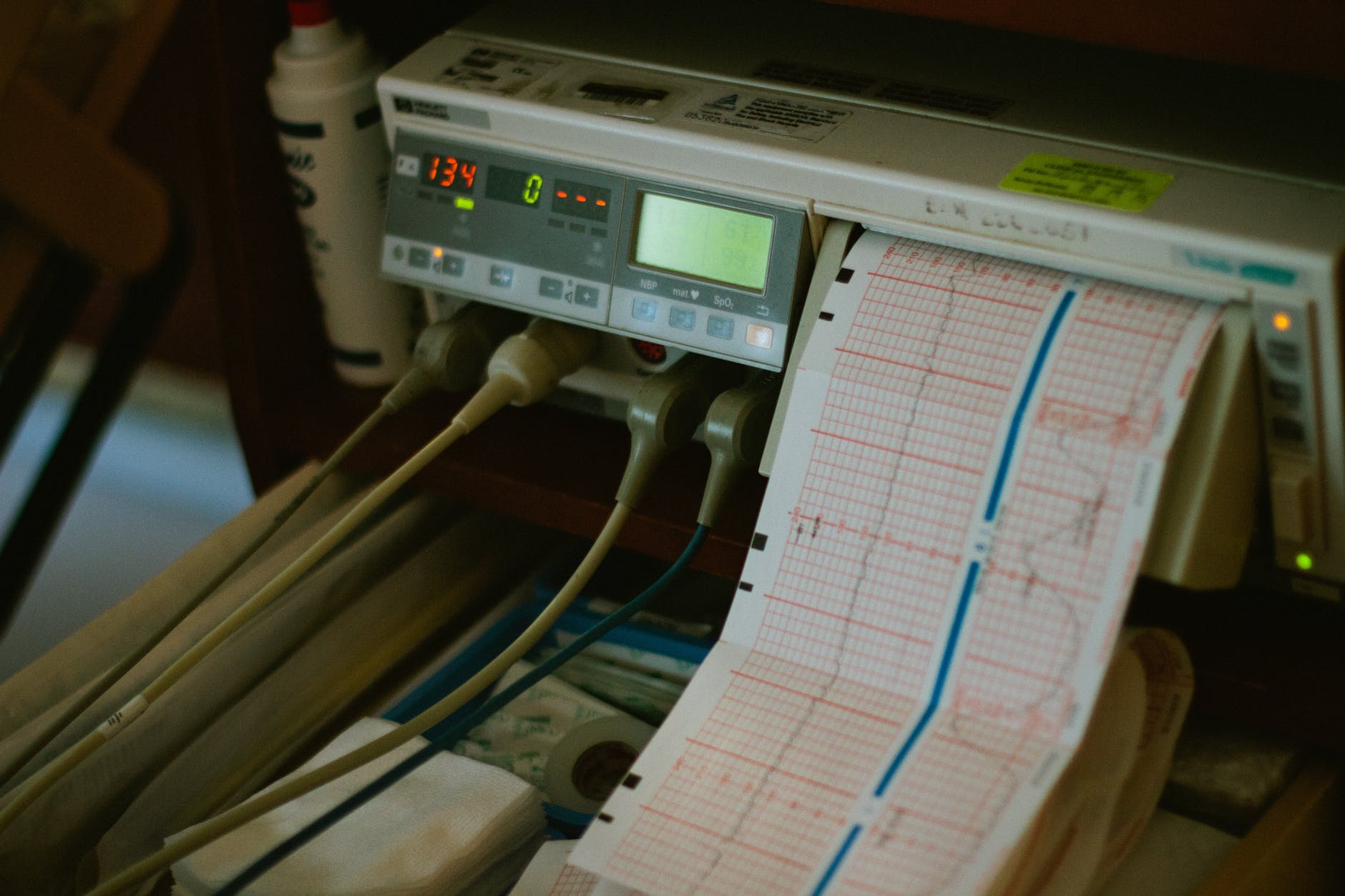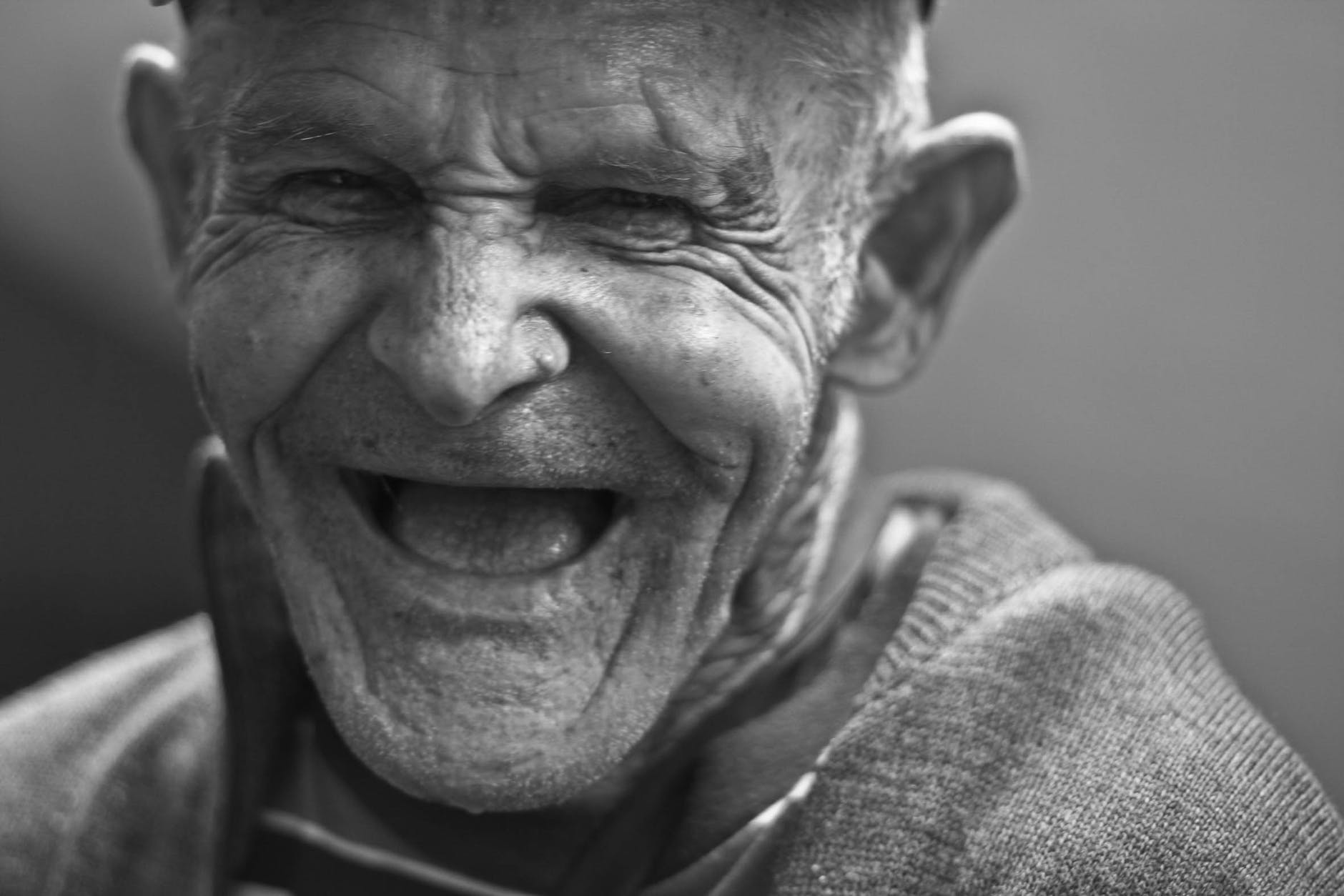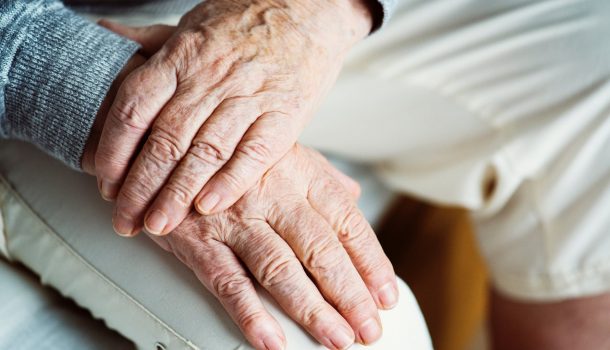Nearly one in 10 senior citizens in the United States is abused or neglected each year, according to the U.S. Department of Health and Human Services. However, only one in every 14 cases is brought to the attention of authorities.
The agency also reports that most elder abuse victims are female, and often have physical disabilities, memory lapses or dementia, however all senior citizens are at risk.
“Sometimes the abuse may not be as obvious as a bruise or broken bone,”

As part of June’s Elder Abuse Awareness Month, HSHS St. Joseph’s Hospital’s Home Care Services is sharing information and tips to help caregivers and others recognize signs of harm to a loved one.
There are many types of abuse including physical, emotional, sexual, financial, neglect and abandonment. Actions associated with some of these include:
- Withholding medication
- Preventing elders from seeing close friends or relatives
- Not buying him or her enough food
- Yelling at him or her
- Threatening him or her
- Stealing money or items from a senior citizen
- Ignoring him or her
HSHS St. Joseph’s Hospital medical social worker, Anna King says whether your loved one is at home or in a nursing care facility, you should look and listen to him or her carefully.



“Sometimes the abuse may not be as obvious as a bruise or broken bone,” says King. “It’s even more difficult if your loved one cannot communicate well with you because of a decline in memory or motor function.”
King says some of the signs of abuse or neglect include:
- Burns
- Scars
- Dirty skin or body odor
- Sudden weight loss
- Bed sores
- Recent changes in banking or spending patterns
- Depression
- Withdrawal from activities a loved one enjoys
- Unexpected changes in behavior
“Something I always look for with patients and caregivers is how they communicate, both verbally and nonverbally,” says King. “I’m always watching to see if things ‘match up’ – if the patient explains things the same way the caregiver does, and if there’s any tension between the two.”
Another reason for caution, says King, is if the caregiver always speaks for their senior citizen. “If the patient is verbal, but not allowed to answer questions or appears hesitant to answer on their own behalf, it doesn’t mean there’s abuse or neglect going on, but if it’s a pattern it does tell me to look a little closer.”
If you suspect an elder is being abused, contact the Wisconsin Department of Health Services.


